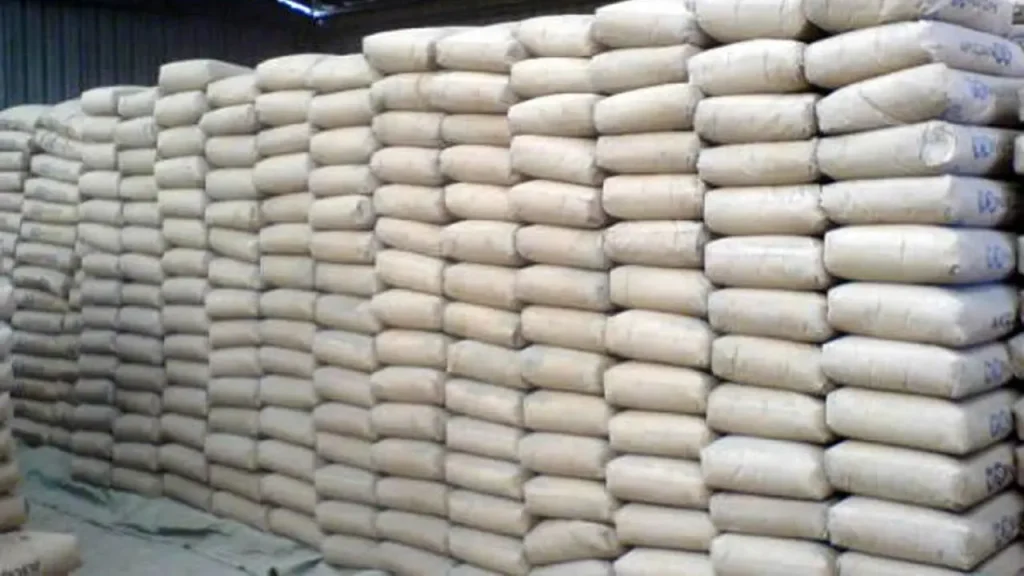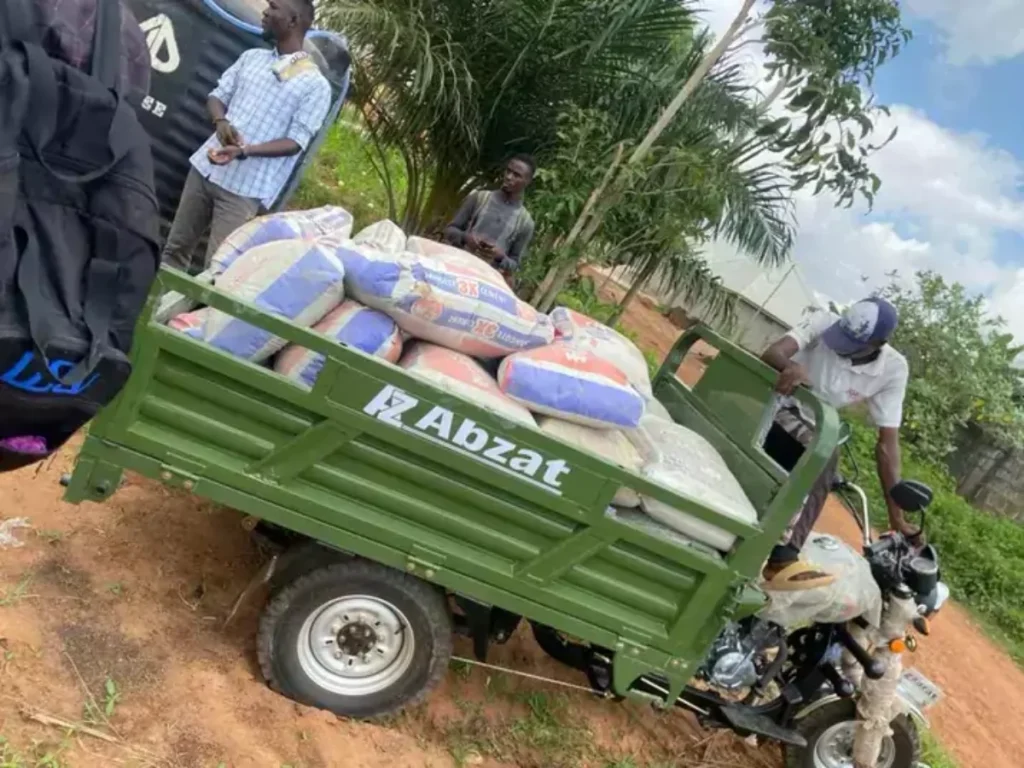The federal government has threatened to lift border restrictions for the importation of cement, following reluctance to slash prices of the commodity within the country.
Minister of Housing and Urban Development, Arc Ahmed Dangiwa on Tuesday in Abuja during an emergency meeting with cement and building materials manufacturers, stated that the government may have no alternative than to make the move, if building commodity prices remain high, burdening Nigerians financially.
He urged manufacturers to crash prices, cautioning that the consequence could entail permitting the importation of cement into the country.
“The challenges you speak of, many countries are facing the same challenges and some even worse than that but as patriotic citizens, we have to rally around whenever there is a crisis to change the situation.
“The gas price you spoke of, we know that we produce gas in the country the only thing you can say is that maybe it is not enough. Even if you say about 50 percent of your production cost is spent on gas prices, we still produce gas in Nigeria it’s just that some of the manufacturers take advantage of the situation. As for the mining equipment that you mentioned, you buy equipment and it takes years and you are still using it.

“The time you bought it maybe it was at a lower price but because now the dollar is high you are using it as an excuse. Honestly, we have to sit down and look at this critically. The demand and supply should be good for you because the government stopped the importation of cement, they stopped the importation in order to empower you to produce more.
“Otherwise if the government opens the border for mass importation of cement, the price would crash but you would have no business to do and at the same time the employment generation would go down. So these are the kinds of things you have to look at, the efforts of government in ensuring things go well,” Dangiwa said.
The minister also blamed the Cement Manufacturers for failing to regulate prices of the commodity, adding that a committee will be set up by the ministry to find ways of tackling the rising cost of the commodity in the country.
Group Chief Commercial Officer of Dangote Cement, Rabiu Umar had earlier attributed cement price hikes to the high cost of gas and mining equipment.

“It is safe to say we are all Nigerians and we are all facing the current head weight that is happening. I would like to speak on the popular belief that most of the raw materials to produce cement are available locally. While we have limestone and, in some cases, we have gypsum and some cases coal, the reality is that it takes a lot of forex-related items to produce cement.
“Most of the cement plants in Nigeria use gas to produce, the gas is indexed to a dollar and it is almost half of the total cost of production. So, if 50 percent of your cost of production is indexed to the dollar it means if the dollar changes then your total expenditure would change in that direction.
“For us to mine the limestone, one needs to import the mining equipment and the equipment is a substantial part of the cost of production, you have to invest in a lot of those equipment and invest in keeping them going.
“On the issue of the gas, we also have the issue of the quantity of gas, we are not getting enough gas to produce enough to put into the market then we talk about the price and quality of the gas because they are all related.
“Regarding what is happening at the border towns because of the devaluation of the naira it has made it a lot more attractive for people to come from neighbouring countries, with foreign exchange, buy cement and export it illegally across the border, of course, what that has done is demand has increased meaning that available stock in the country has reduced and that has put a lot of pressure on the prices,” he said.


